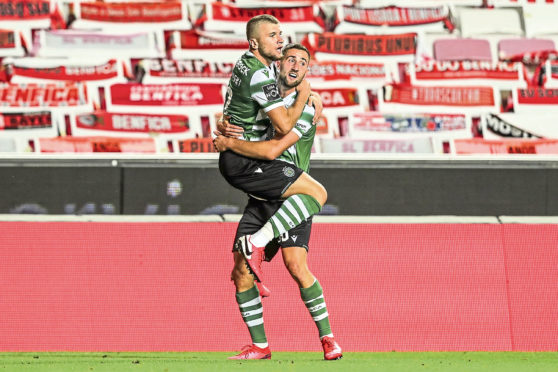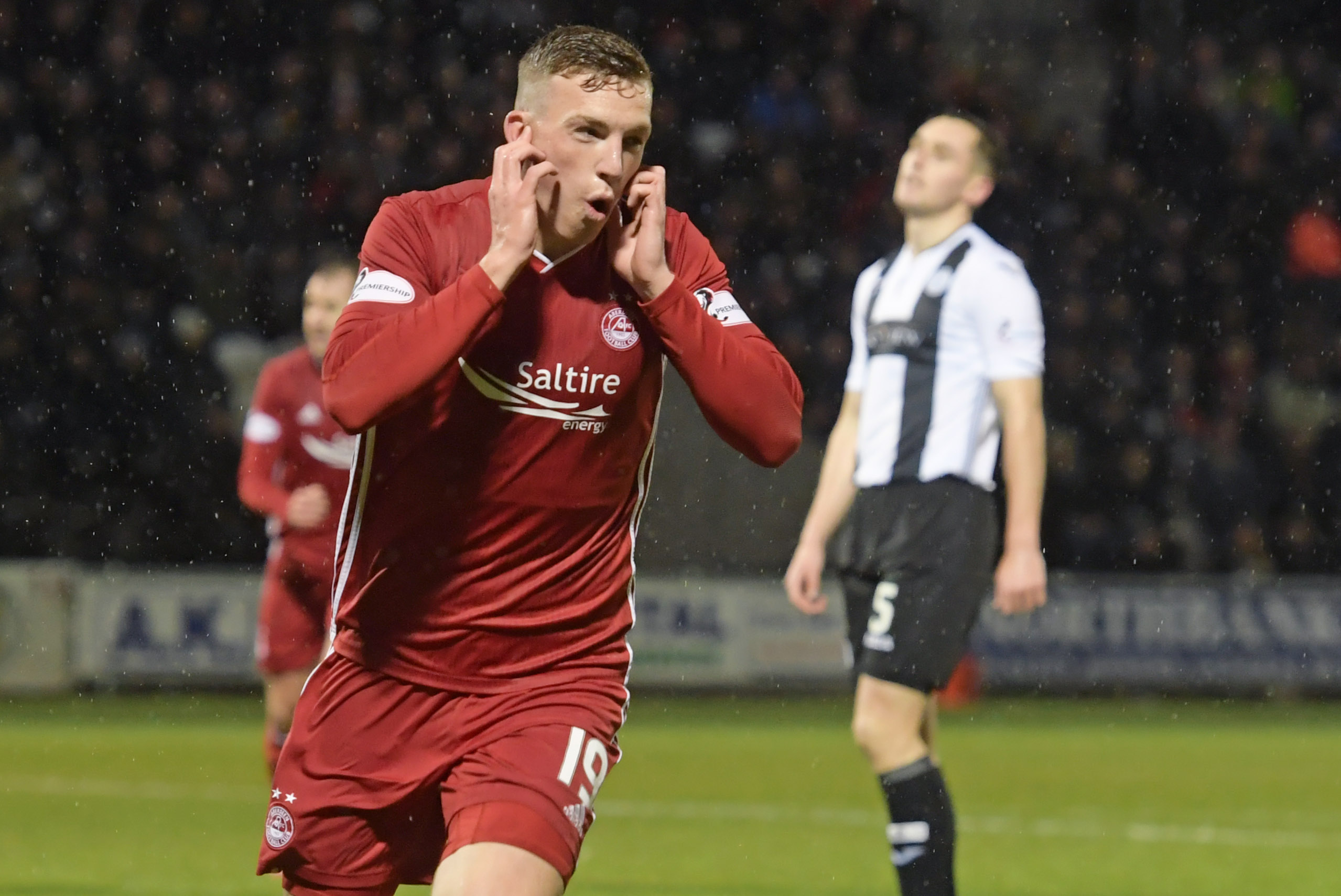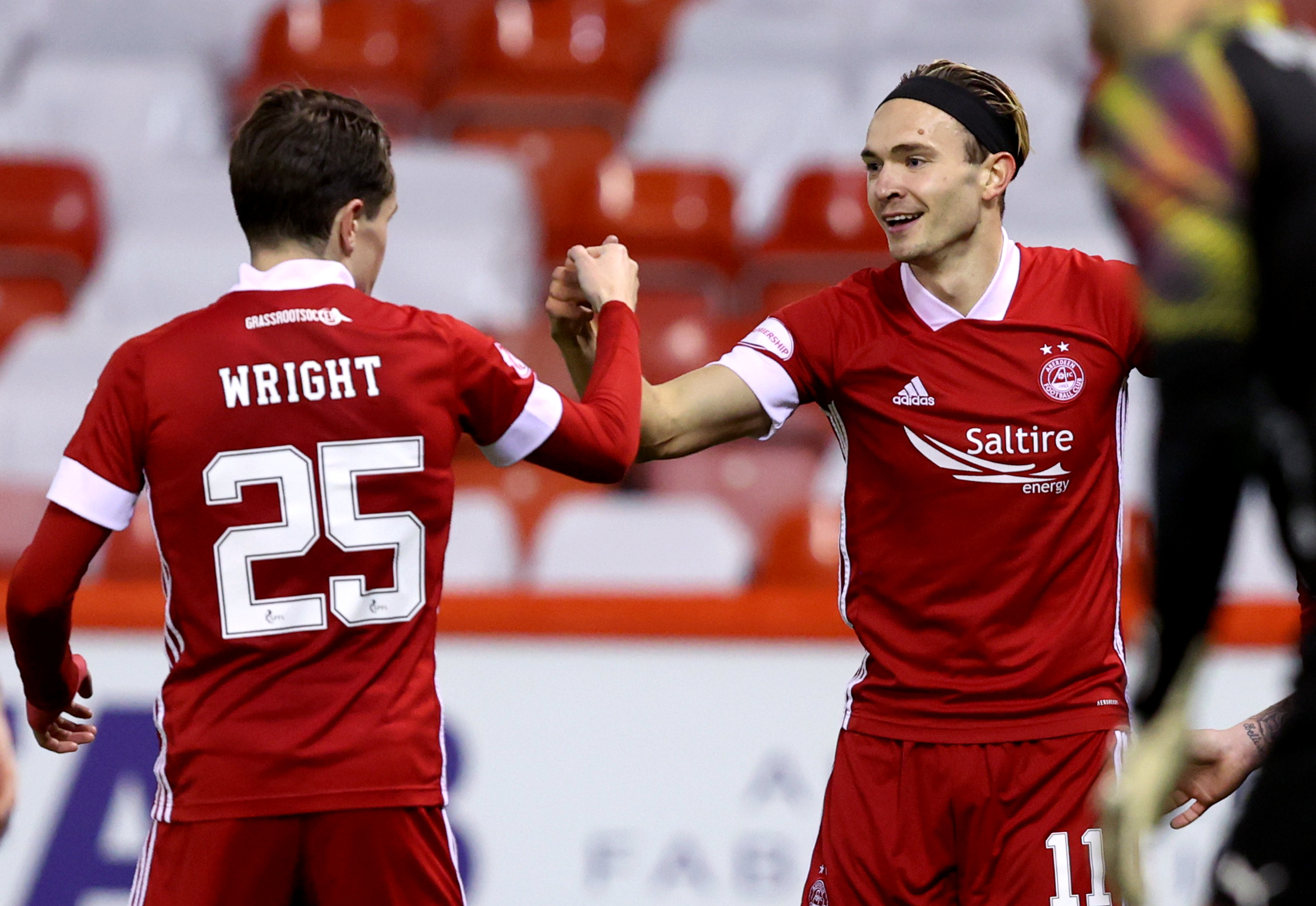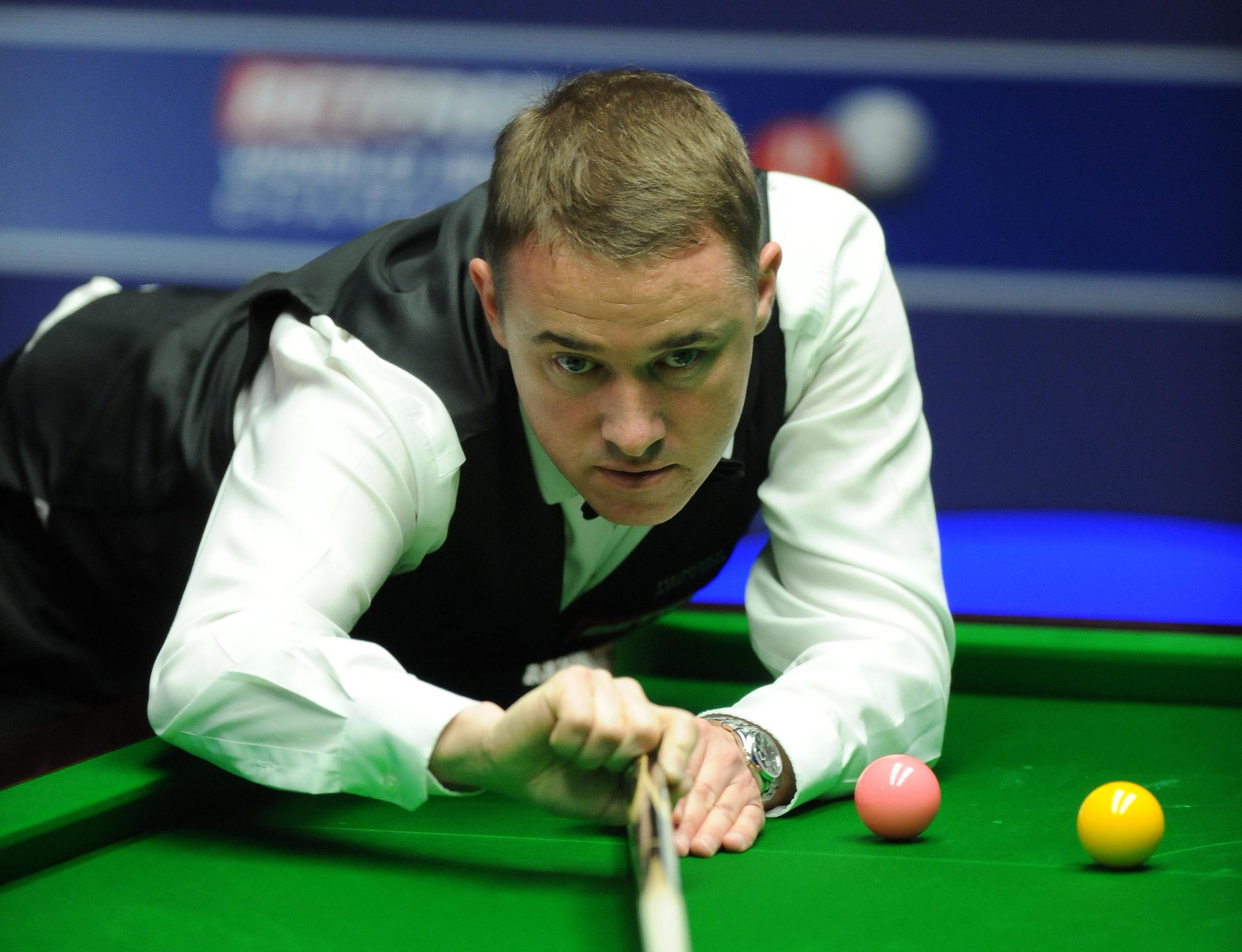Ever since Uefa and Fifa standardised international dates and brought in the windows for those matches to be played, the first half of the domestic season has been a stop-start affair and, post-lockdown, that is going to be an even bigger issue for clubs in 2020/21.
Aberdeen will play three Premiership matches in September and October and just two in November. That will see them having completed only 12 league games in the first four months of the campaign.
There have of course been extenuating circumstances and last season’s Scottish Cup semi-final has also taken up one of the slots, but it is going to be a crazy period from December onwards as the team tries to catch up.
The Dons are scheduled to play six matches that month and five in January, which will at least get them back on track, but that will depend largely on the winter weather. With that kind of workload on the horizon, Derek McInnes is going to need the squad he has put together and pray for an even break when it comes to injuries and suspensions.
The first chunk of the season has, in the end, turned out better than anyone might have hoped. After the disappointing defeat by Rangers and the enforced lay-off which followed, the team has responded superbly.
Winning at McDiarmid Park in the first game back gave everyone a lift, the players have slowly found their match fitness and regained their performance levels and they finished the period with four straight victories.
Moving up to fourth place with games in hand on all the clubs below them was no mean feat and the romp against Runavik eased the team through to the next round in Europe.
Their luck may have run out when it came to the draws, but the Dons should have enough to take care of Viking in Stavanger and, if they do, Sporting Lisbon is clearly a tie to whet the appetite.
We have certainly beaten similar quality opposition in the past and Derek will be confident his men can make it through to the play-off round.
There has been much to take from the four-match winning run, even aside from the victories.
The three clean sheets says plenty about the players who have been deployed and their ability to adapt to different formations. The midfield has been strong and well disciplined, and we have been given a glimpse of the exciting, attacking football the team aspired to in the mission statement released in the summer. In particular, Scott Wright and Ryan Hedges seem to have struck up what could be a very fruitful and entertaining partnership.
With Sam Cosgrove still some way off from a return, Curtis Main recovering full fitness and Marley Watkins just settling in, those two could have a big part to play.
The biggest plus of all has been how quickly Ross McCrorie has eased into life as an Aberdeen player.
I said at the time that his signing looked like a masterstroke, but his performances have exceeded my expectations.
It is easy to forget how little top-flight experience Ross had before joining the Dons.
But he has adapted to it in much the same way as Lewis Ferguson did when he arrived at Pittodrie and he promises to make a massive contribution to the side over the next few years.
Stephen Hendry’s return to professional snooker scene is no surprise
The news that Stephen Hendry is planning a comeback almost a decade after he last played professional snooker did not come as a surprise.
I listened to a podcast with him a few weeks ago and the one thing that shone through was his need for the adrenaline boost the game gave him.
I first met Stephen more than three decades ago. He was still a teenager, but had already won his first few titles and that steely will to win shone through even that early.
He went on to carve out a glorious career, firmly establishing himself as one of Scotland’s greatest-ever competitors and collected a record seven world titles.
With his return scheduled for the UK Championship in November, Hendry has already spoken of his desire to qualify for the worlds at The Crucible next spring.
After such a long lay-off, that may be wishful thinking, but, if anyone can do it, he can.



